By Tsvetelia Tsolova, Reuters
Petko Angelov grabs an old, rusted sickle and leads peope clad in folk costumes to a ritual harvest in his fields in southern Bulgaria sown with the first ever wheat planted by humanity – the einkorn.
The popularity of the ancient grain, whose origins can be traced back some 10,500 years to the dawn of agriculture, is mounting in the Balkan country as people seek out healthier food, sustainable farming methods and national pride.
Angelov, a retired pilot, is at the heart of the growing army of einkorn producers, providing the rare seeds from his crops in the southern village of Rabovo in the Rhodopi mountains, close to the border with Greece and Turkey.
„The einkorn is really gearing on. There is at least 300 percent rise in the demand for seeds, especially from Bulgarian origin,“ Angelov said.
Eincorn was part of the diet of Copper Age man. The colon content analysis of the 5,300-year-old Otzi the Iceman mummy found frozen in the Alps in 1991 proved that.
In Bulgaria, it can be traced back to the Neolithic Age some 9,000 years ago, after archaeologists found charred kernels of the crop in the village of Ohoden in northwestern Bulgaria. Wild varieties still grow in the eastern European country.
The tall and sturdy plant however has since been abandoned because its yield is low, its hulled ears need additional processing and its type of gluten makes baking a challenge.
But renewed health consciousness and a surge in organic farming has helped to trigger a comeback in a thrifty grain which thrives without fertilizer in poor soil and is genetically pure, as it has never been hybridized.
Farmers in the Black Sea grain producer country that export about 2.0 million metric tons of wheat a year are now turning to einkorn and fields have tripled to about 400 hectares from a year ago and virtually from scratch in 2009.
Bulgaria is quickly catching up with producers in France, Italy and Austria, where einkorn along with other rare wheat such as spelt and emmer, is being grown on larger areas.
Offers are already coming from richer western European markets, Japan and South Korea and we are getting ready to export, once the volumes increase, Angelov said.
Demand is palpable on the local market where organic and healthy food stores mushroomed in recent years.
„People have come to realize that this wheat was the food of our ancestors. It is so much more nutritious, much better for the health,“ said Svilen Klasanov, who owns a bio shop and restaurant which offer einkorn flour and bread.
„Its gluten is very mild, it has a positive impact on the stomach and people feel good when they eat it. Plus it is delicious,“ Klasanov said.
Studies showed the grain is richer in proteins, and the level of antioxidants that fight ageing and chronic diseases is almost eight times higher compared to the cultivated wheat normally used for bread. It also has more iron and more zinc.
„We were excited to find out how rich in proteins and antioxidants einkorn was,“ said Andrea Brandolini, a researcher at Italian Agricultural Research Council, involved in einkorn research since 1993.
The low yield and the need for threshing make the einkorn unfit for modern agriculture, but its excellent nutritious qualities make it a specialty on the market. And some are already experimenting with einkorn beer production.
Manfred Heun at the Norwegian University of Life Sciences developed a weak spot for the grain after leading a team of scientists to southeastern Turkey in 1997, proving that einkorn was the first grain domesticated by the mankind.
„Einkorn is the ultimate grain. And the einkorn beer adds an excellent taste,“ said Heun, who now grows the ancient wheat in the garden of his home in Norway.
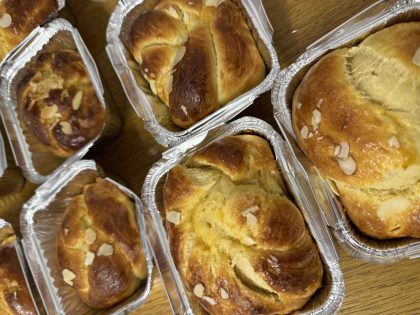

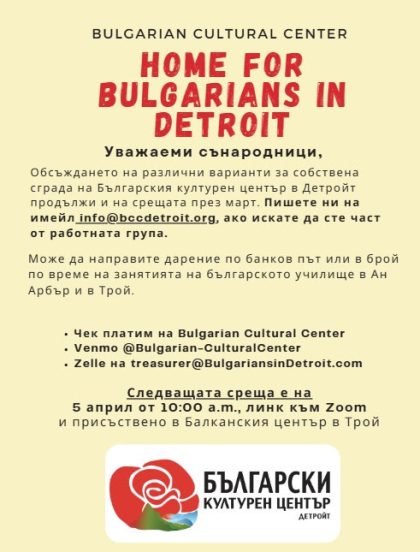

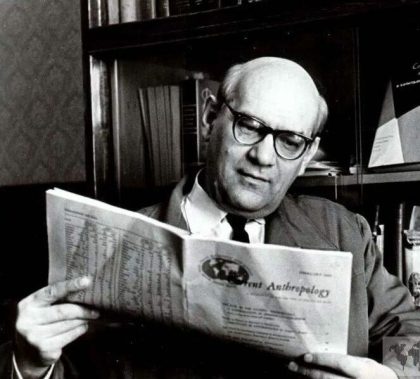
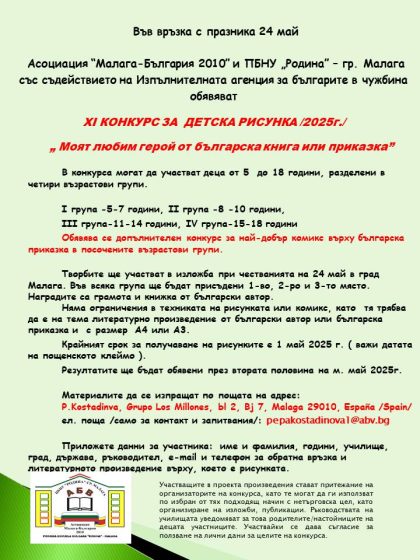
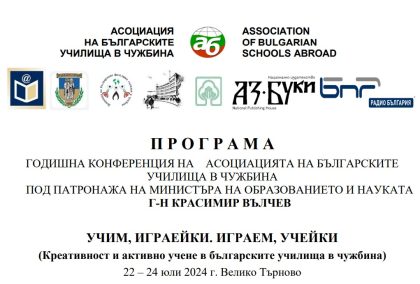
I just like the helpful information you supply to your articles.
I will bookmark your blog and take a look at once more
right here frequently. I am reasonably sure I’ll learn lots
of new stuff proper right here! Good luck for the following!